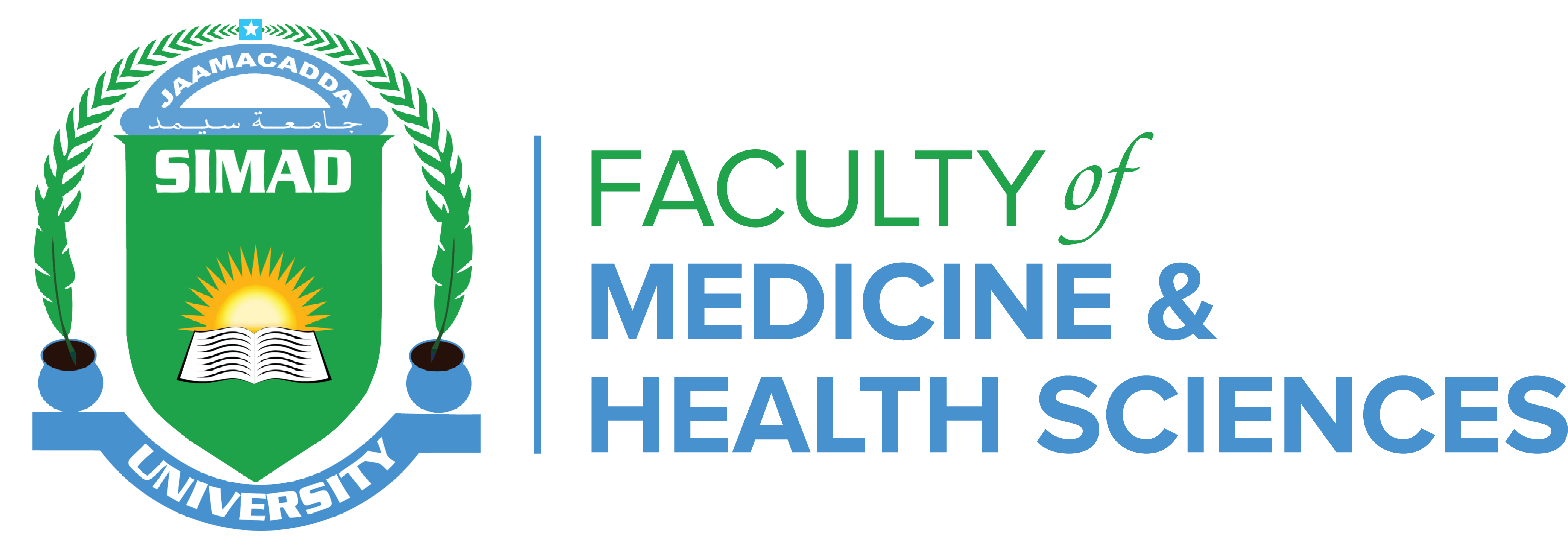Nursing
This dynamic and practice-driven program prepares students to deliver holistic, evidence-
based nursing care across diverse healthcare settings. Through theoretical learning, simulation
labs, and clinical placements, graduates emerge as skilled, empathetic nurses ready to
promote wellness and respond to complex healthcare needs.
- Completion of secondary school with a minimum overall average of 50%
- Should bring the original and a copy of secondary school certificate
- Should bring Six (6) passport size photos with white background
- Should bring the original copy of a letter of good conduct issued by your secondary school
- Should bring a sponsorship letter from your guardian
- Should successfully pass an admission interview and/or test
- Pay non-refundable Processing and ID card fees of USD $50 (bank draft)
Year 1
Semester 1: Arabic Language I, Fundamentals of Computer, Study Skills, General Chemistry, Cell Biology, Medical Terminology
Semester 2: Islamic Studies I, Computer Application Technology (CAT), Anatomy & Physiology I, Biochemistry, Fundamentals of Nursing I, Nursing Ethics & Professionalism
Year 2
Semester 1: Arabic Language II, Principles of Management, Anatomy & Physiology II, Fundamentals of Nursing II, Basic Life Support, Microbiology, Human Psychology, Sociology for Nurses
Semester 2: Islamic Studies II, Pharmacology I, Community Health I, Communicable Diseases Control I, Biostatistics, Human Nutrition and Diet Therapy, Medical Surgical Nursing, Epidemiology for Nurses
Year 3
Semester 1: Communication Skills, Community Health II, Pharmacology II, Pathology, Hematologic Nursing, Respiratory Diseases Nursing, Gastrointestinal Diseases Nursing, Obstetric Nursing I, Communicable Disease Control II
Semester 2: Endocrinology Diseases Nursing, Dermatology Diseases Nursing, Obstetric Nursing II, Gynecology, Cardiovascular Diseases Nursing, Geriatric Nursing, Operation Theater Nursing, Physiotherapy in Nursing, Pediatric Nursing
Year 4
Semester 1: Psychiatric Nursing, Basic Laboratory Procedures, Research Methodology, Neurologic Disease Nursing, Ophthalmic Nursing, Dental Care, ENT Diseases Nursing, Orthopedic and Trauma Nursing
5 years
Fees($): $400.00
Charges($): $70.00
Total($): $470.00
STUDENTS FEES PAYMENT POLICY
This policy applies to all students, these include: part-time and full-time for both undergraduate and postgraduate and any other person enrolled as a student at the University:
- Option one: At the beginning of the semester, all semester fees can be paid in full.
- Option two: At the beginning of the semester, students should pay 30% of semester fees before he/she registers for the class. In the second installment, 40% of the semester fees should be paid before the midterm exam. The remaining 30% of the semester fees should be paid before the final exam.
- After payments of second and third installments, students are eligible to get their clearance cards for midterm and final exams.
- Fees Collector officer will be responsible to check fees default when he/she gets a report from the head of the cash unit.
- SU will not refund any fees paid unless the student has no remaining semester.
- Students and sponsors who unintentionally or intentionally deposit fees will not be refunded but will be forwarded to the next semesters.
- Upon graduation period, all extra fees balance should be refunded to the students.
- Any student who temporarily or permanently breaks his/her study can request an extra fee refund.
- Head of Cash Unit should check the activities of the sponsors.
Bank Accounts
Premier Bank: 20300001001
Dahabshiil: 1822
Salam Bank: 30027598
Idman Community Bank: 7401005
IBS Bank: 1820
The SU academic year consists of 42 weeks split into two semesters of 18 weeks each, the first beginning in August.
- Registered Nurse (RN): Deliver direct patient care in hospitals, clinics, or
health posts. - Community Health Nurse: Provide essential care in remote or underserved
areas, promoting public health and wellness. - Emergency and Critical Care Nurse: Respond to life-threatening situations
in ICUs and emergency rooms. - School or Occupational Health Nurse: Promote wellness and manage health
issues in educational or workplace settings. - Nursing Educator or Clinical Instructor: Educate the next generation of
nurses through classroom teaching and clinical mentorship. - Home-Based Care Provider: Support recovery and palliative care for patients
in their homes or long-term care settings. - Nurse Administrator or Supervisor: Manage nursing teams and ensure quality
patient care in healthcare facilities.
